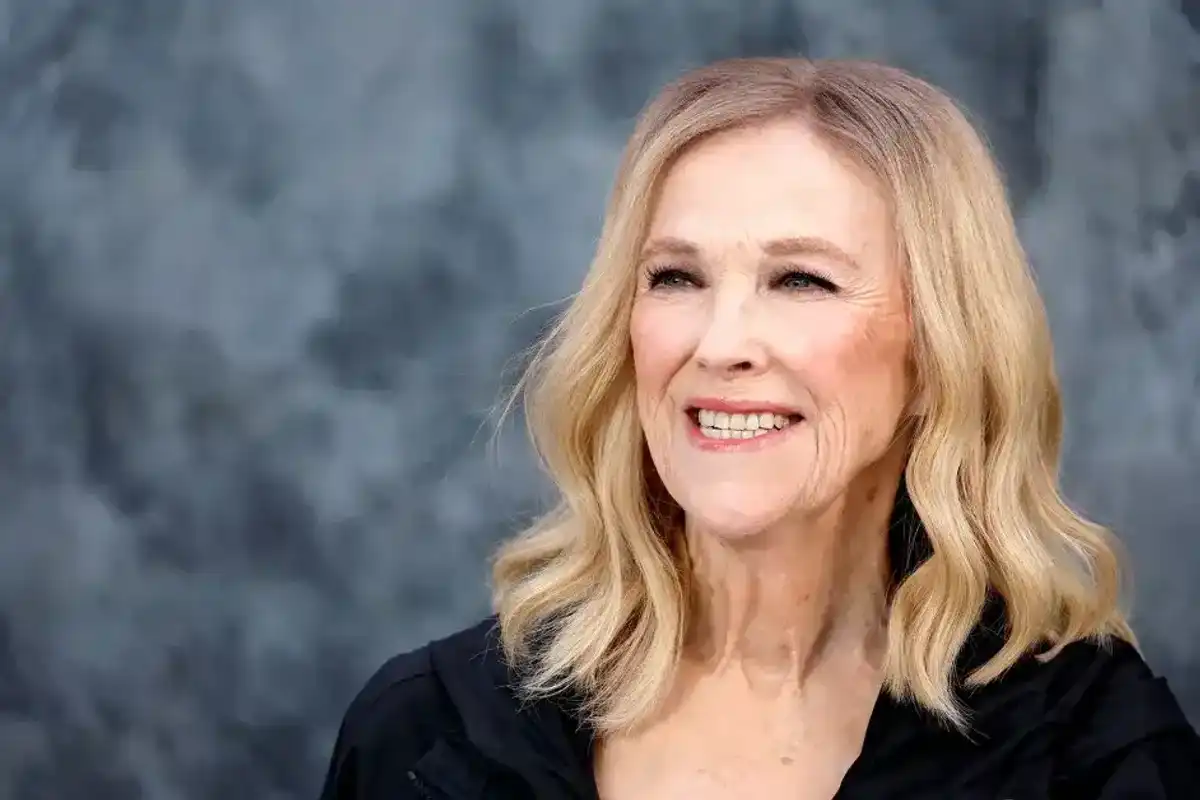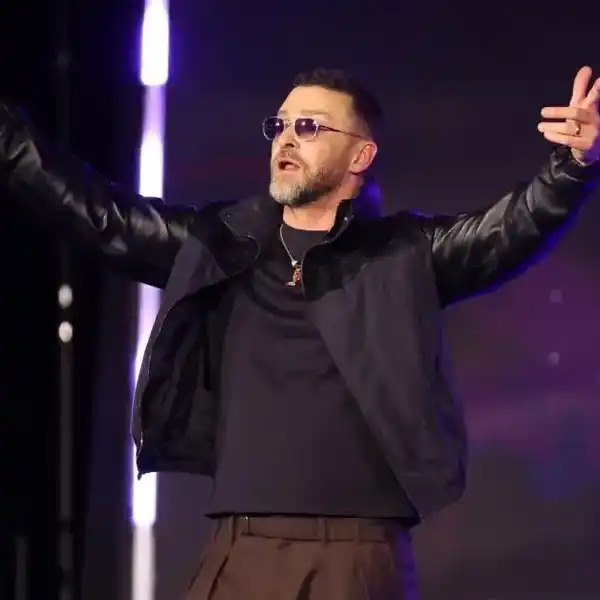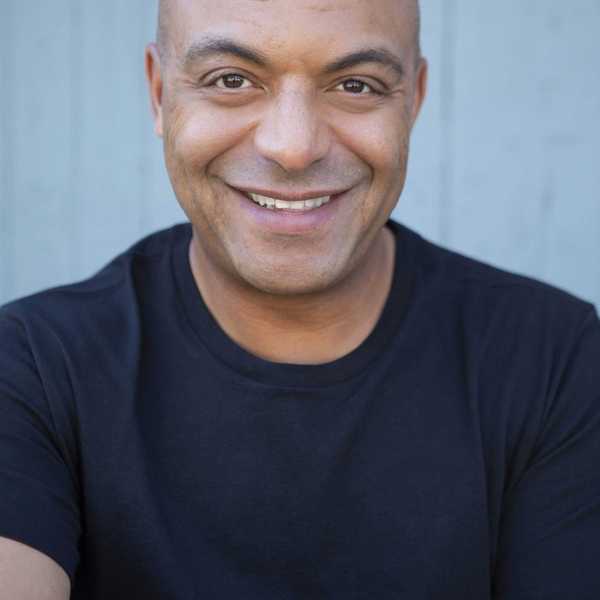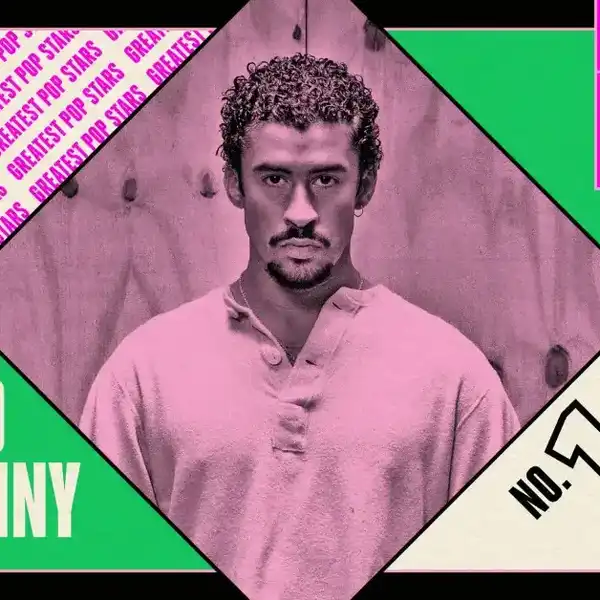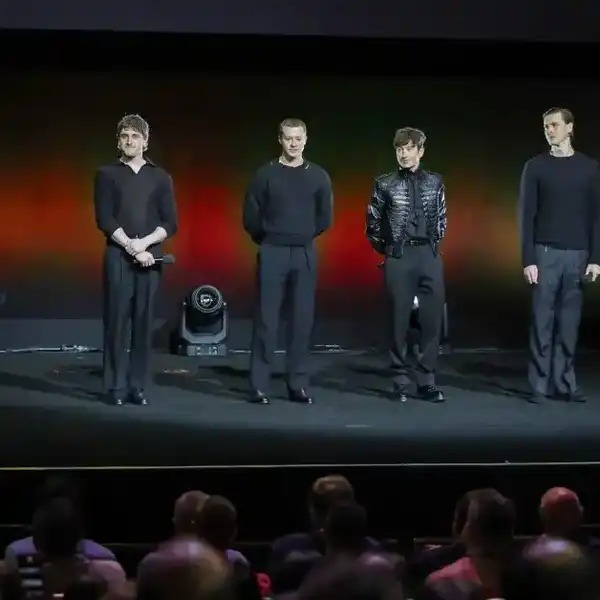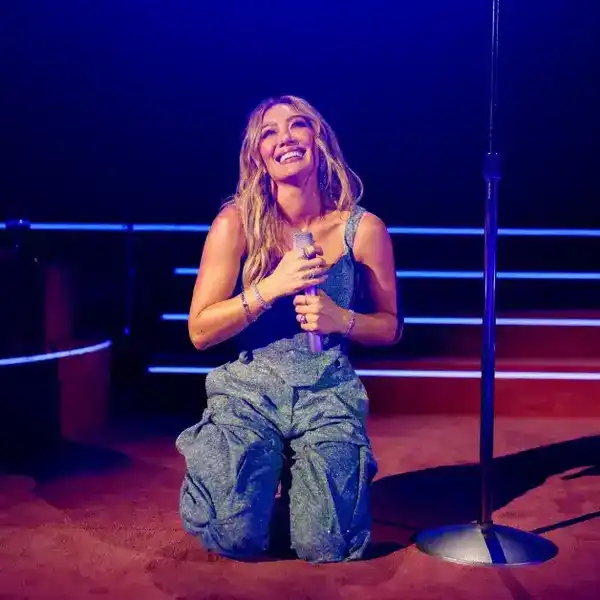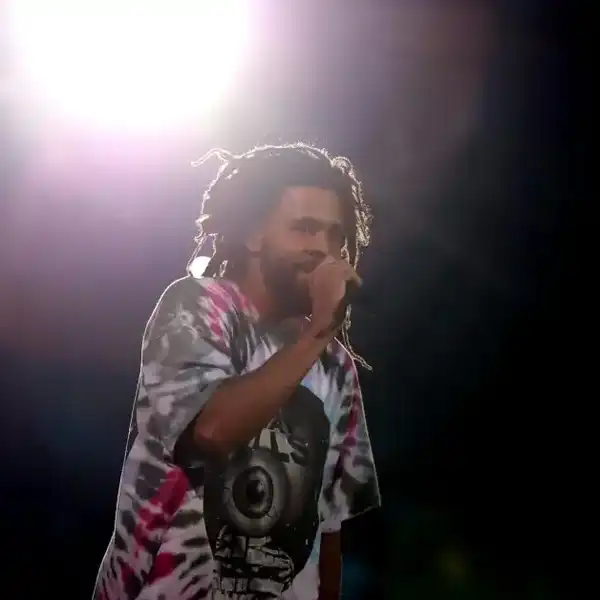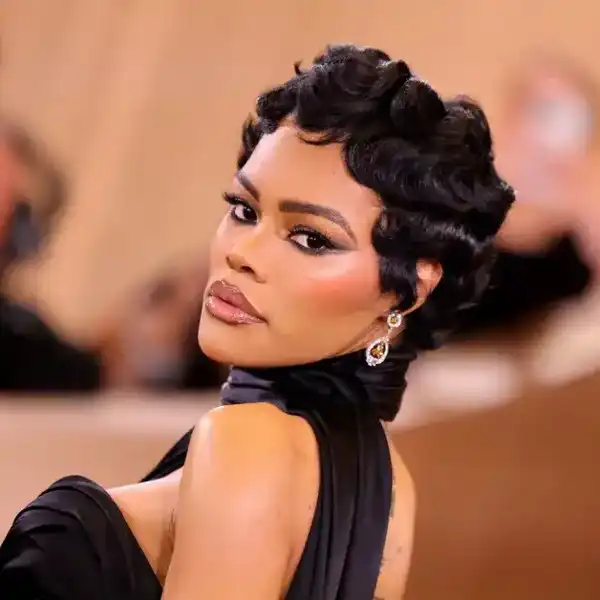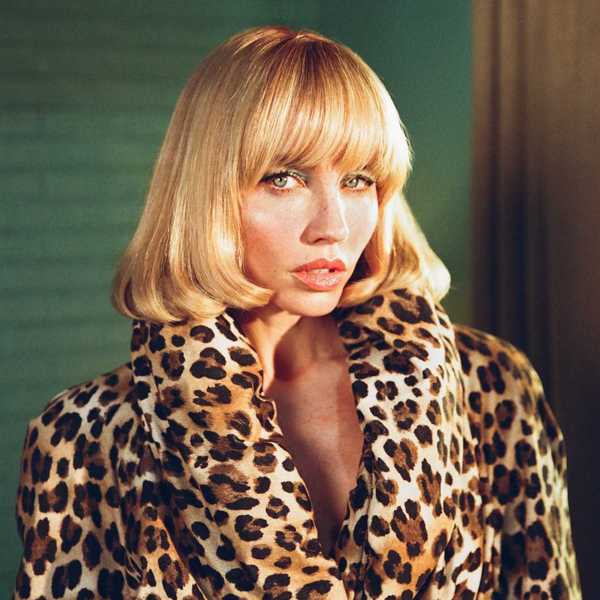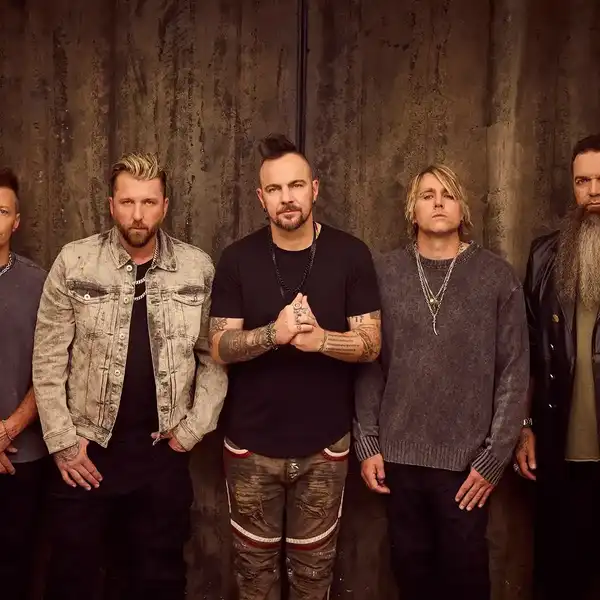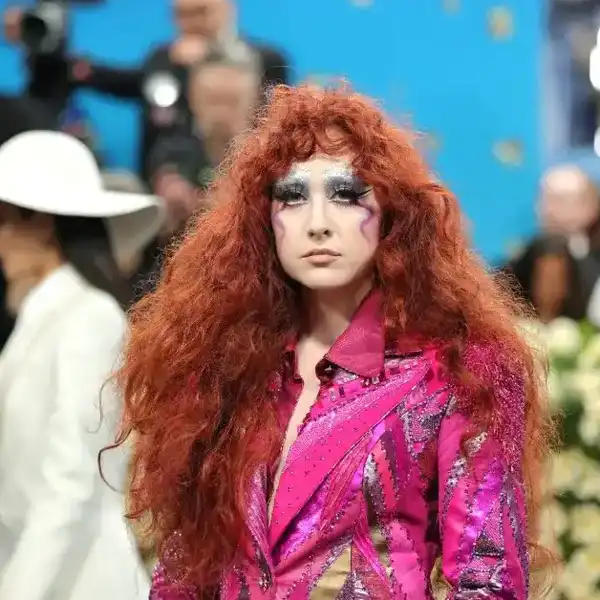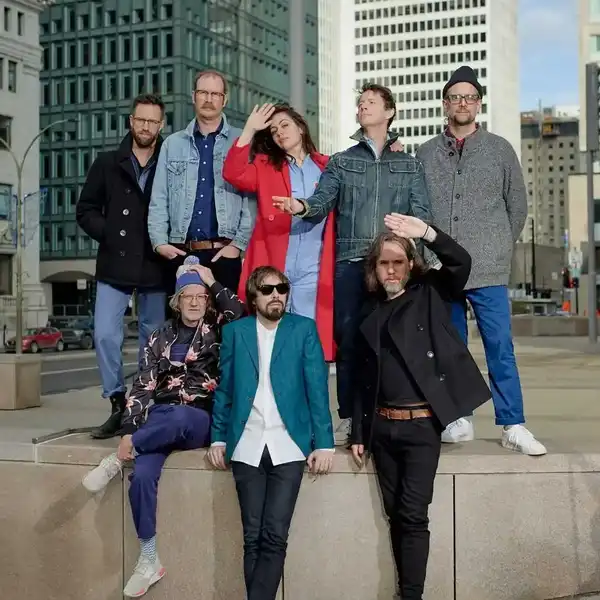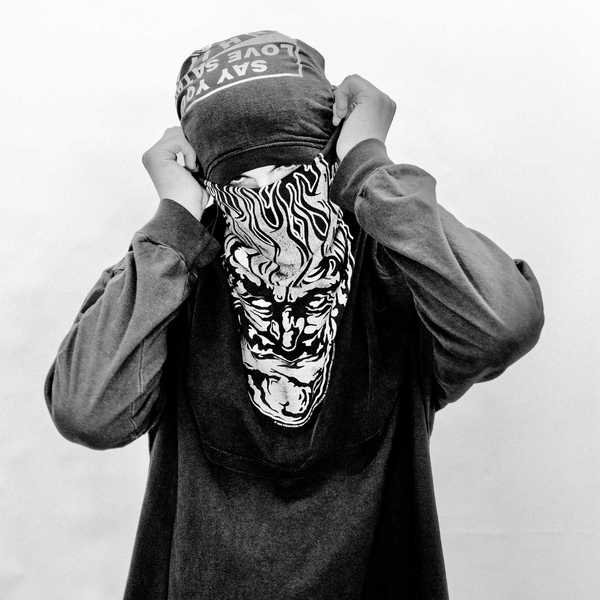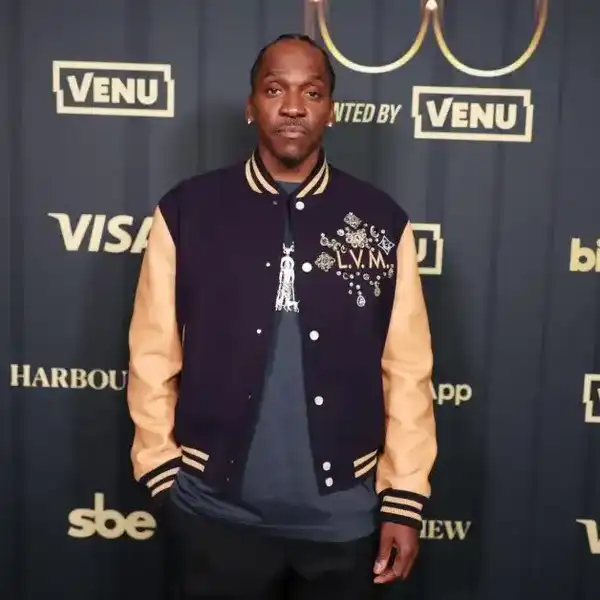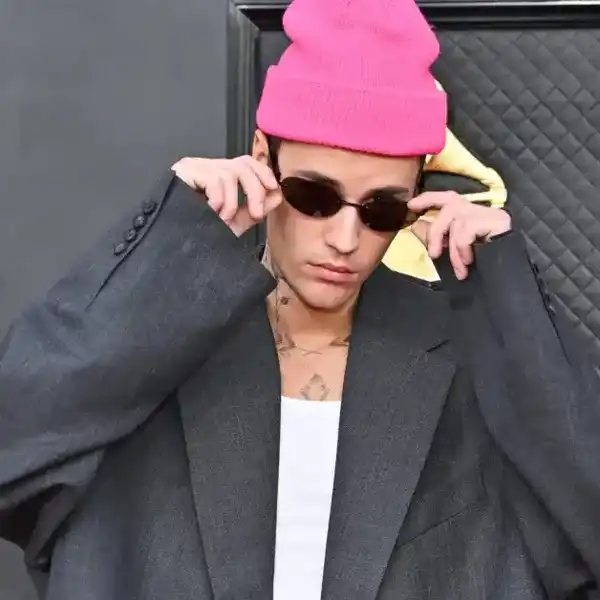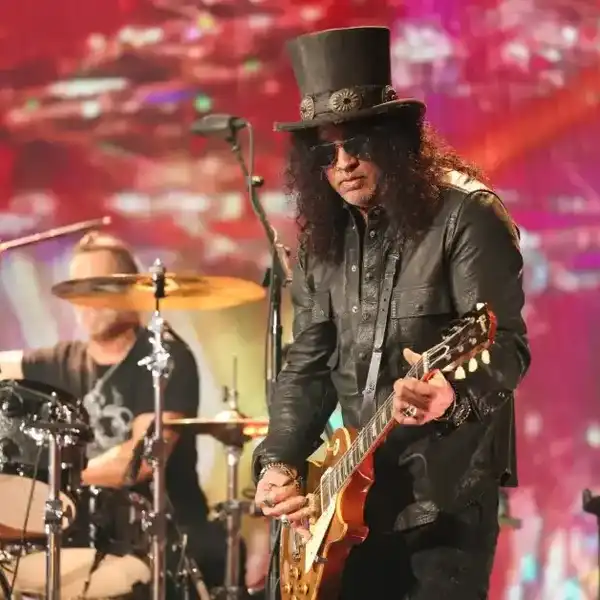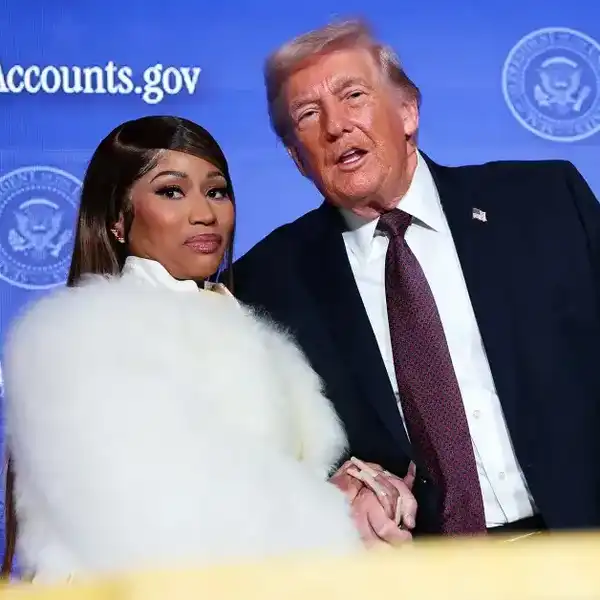RIP: Inuk Pop Musician Kelly Fraser
Inuk pop musician Kelly Amaujaq Fraser, who received a 2018 Juno nomination for Indigenous Music Album of the Year for her second full-length, Sedna, and won an Indspire Award that same ye

By Karen Bliss
Inuk pop musician Kelly Amaujaq Fraser, who received a 2018 Juno nomination for Indigenous Music Album of the Year for her second full-length, Sedna, and won an Indspire Award that same year, died by suicide on Dec. 24 in her adopted home of Winnipeg, her family confirmed. She was 26.
“Kelly suffered from PTSD for many years as a result of childhood traumas, racism, and persistent cyber-bullying. She was actively seeking help and spoke openly about her personal challenges online and through her journey,” reads the statement released on behalf of her immediate family, mother Theresa Angoo and siblings Mellow, Maxine, Jessie, Rachel, Christopher, and Oliver.
“Kelly was an incredibly kind person who gave so much of herself to help others. She was fiercely open with her fans in the hopes that sharing her struggles might help them know they were not alone. Kelly fought so hard to be well. We know that she would want us all to continue to do our very best to take care of ourselves,” it says in part.
Her death has been covered by many Canadian media outlets, as well as ABC, People, Billboard, and CNN in the US, and led to an outpour of sympathy and grief over the loss of such a promising and inspiring young talent. A GoFundMe campaign set up to help her family with funeral expenses has raised more than $43,000 from 700 donors in a little over a week and is filled with messages of condolences from those she knew, as well as strangers.
“In April this year, I was impressed and delighted to get to know her when I gave Kelly a tour of UN headquarters in NYC when she came as a youth delegate to the UN Permanent Forum on Indigenous Issues - invited by Minister Carolyn Bennett. Her passing is a tragic loss for her people, for Manitoba, for Canada and the world,” wrote Senator Marilou McPhedran on the GoFundMe page.
Another donor Tom Fletcher wrote: “So sad for all of you. I want the Inuk population of Canada to understand how much Love and Support there is for all of you in the Non-Inuk population. Love and Respect to All,” and Jude Abrams posted, “Kelly Amaujaq Fraser was an incredible Inuk voice for her community and the decolonization of all people. Her death is a tragedy for all of us. Thank you for this way to support her family and honour her life.”
Born in Ogloolik and raised in Sanikiluaq, Nunavut, Fraser sang in English and Inutitut, and combined pop, EDM, hip hop and rock in her music, as well as incorporating drum dancing, and traditional Inuit throat singing onstage. She was a bright light and go-getter, proud of her culture and language, driven to protect it and take it into the mainstream. She first gained widespread attention in 2013 with her cover of Rihanna’s Diamonds, sung in Inutitut. To date, it has more than 1 million views on YouTube.
Fraser, who completed a degree in Native Studies at BC’s Nicola Valley Institute of Technology, released her debut album, Isuna, in 2014, and followed it up with Sedna in 2017 on the Hitmakerz label, based in Iqaluit. Her song topics ranged from Indigenous rights (Fight For The Right) to the suicide of her father and others close to her (Stay Strong) to relationships (Rebound Girl).
She released her latest single, Get It, on Dec. 13 and was trying to raise $60,000 on Kickstarter to record her third album, Decolonize. At the time of her death, she had $3500 pledged.
In a telling 7-minute CBC mini-doc called Fight For The Rights, director Kita Cahanamanages encapsulates much of what motivated Fraser and made her happy. It begins with her getting ready for the 2018 Juno Awards, Canada’s highest honour for musicians.
“Today my dream came true. Today I walked on a red carpet with cameras in front of me, flashing in my face, photographers saying, “Kelly, Kelly look here; Kelly, Kelly , no, come here.’ I was keeping my composure even though I wanted to skip around like a little girl because I was so excited,” she said, smiling.
The next shot is of Fraser saying a prayer to her Creator, one of positivity and thanks.
“My music is to heal people,” she said. “I need to heal too. And making healing music heals me. And it heals people around me and they need it. They need someone to let them know ‘It’s going to be okay.’”
She explained, “When you grow up in a place where people have witnessed a lot of trauma and pain, you grow up having some scars too.” Her mother was ripped from her home as a child and put in a residential school by the Canadian government, forced to abandon her native language and culture while there. Her father committed suicide.
“I grew up as a teenager convincing my friends not to commit suicide,” she said, adding, “I’m here to tell the younger people that there is hope. There is a better life tomorrow.”
Besides pursuing her own career, the young singer-songwriter was also the cultural director and an instructor for Arctic Hitmakerz, a social enterprise with a mission “to create viable careers in the arts for Inuit and Indigenous artists through music, media, and education.”
In the documentary, she is seen performing and working with children. “It’s not their fault that our parents went through hardships and gave us some pain, passed on some pain,” she said. “I want to say, ‘Don’t take it. It’s not yours.’”
Both the film and the family statement end with phone numbers for crisis help lines.

